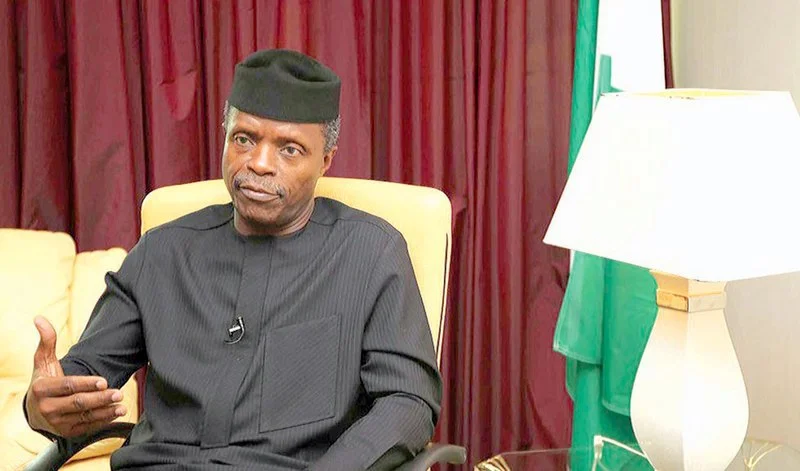THE World Bank has said that poverty reduction stagnated since 2015, with more Nigerians falling below the poverty line over the years.
The President, Major General Muhammadu Buhari (retd.), was first elected into the office of president of Nigeria in 2015.
According to the Washington-based bank, the number of poor Nigerians is projected to hit 95.1 million in 2022.
It said this in its report titled, ‘A Better Future for All Nigerians: 2022 Nigeria Poverty Assessment’.
The report read in part, “Poverty reduction had stagnated since 2015.”
It added, “Poverty reduction in Nigeria appears to have stalled in the last decade, according to both back-casting and survey-to-survey imputation techniques. The best estimates from the back-casting approach suggest that the poverty headcount rate—at the international poverty line—was 42.8 percent in 2010. This is only slightly below the analogous estimate from imputing into the 2010/11 GHS, 43.5 percent. With poverty dropping by at most a few percentage points over the last decade, the absolute number of poor people is likely to have climbed, given Nigeria’s rapid population growth.
“Since the back-casts provide yearly estimates, they also suggest that poverty may have started declining in the first part of the 2010s, but that this trend halted and then reversed around 2015. This is unsurprising—and indeed is hardwired into the back-casting model through real GDP growth estimates—given the 2016 recession, brought about by weakening oil prices.”
The report further revealed that the COVID-19 pandemic pushed over five million more Nigerians into poverty by 2022.
According to the report, about 90 million Nigerians are expected to be poor by 2022. However, due to the pandemic, the projection increased to 95.1 million Nigerians.
The report read, “The COVID-19 crisis is driving up Nigeria’s poverty rate, pushing more than 5 million additional people into poverty by 2022. With real per capita GDP growth being negative in all sectors in 2020, poverty is projected to have deepened for the current poor, while those households that were just above the poverty line prior to the COVID-19 crisis would be likely to fall into poverty.
“Were the crisis not to have hit (the counterfactual scenario), the poverty headcount rate would be forecast to remain virtually unchanged, with the number of poor people set to rise from 82.9 million in 2018/19 to 85.2 million in 2020 and 90.0 million in 2022, due largely to natural population growth.
“Given the effects of the crisis, however, the poverty headcount rate is instead projected to jump from 40.1 per cent in 2018/19 to 42.0 per cent in 2020 and 42.6 per cent in 2022, implying that the number of poor people was 89.0 million in 2020 and would be 95.1 million in 2022. Taking the difference between these two scenarios, the crisis alone is projected to have driven an additional 3.8 million Nigerians into poverty in 2020, with an additional 5.1 million living in poverty by 2022.”
Copyright PUNCH.




2 Comments